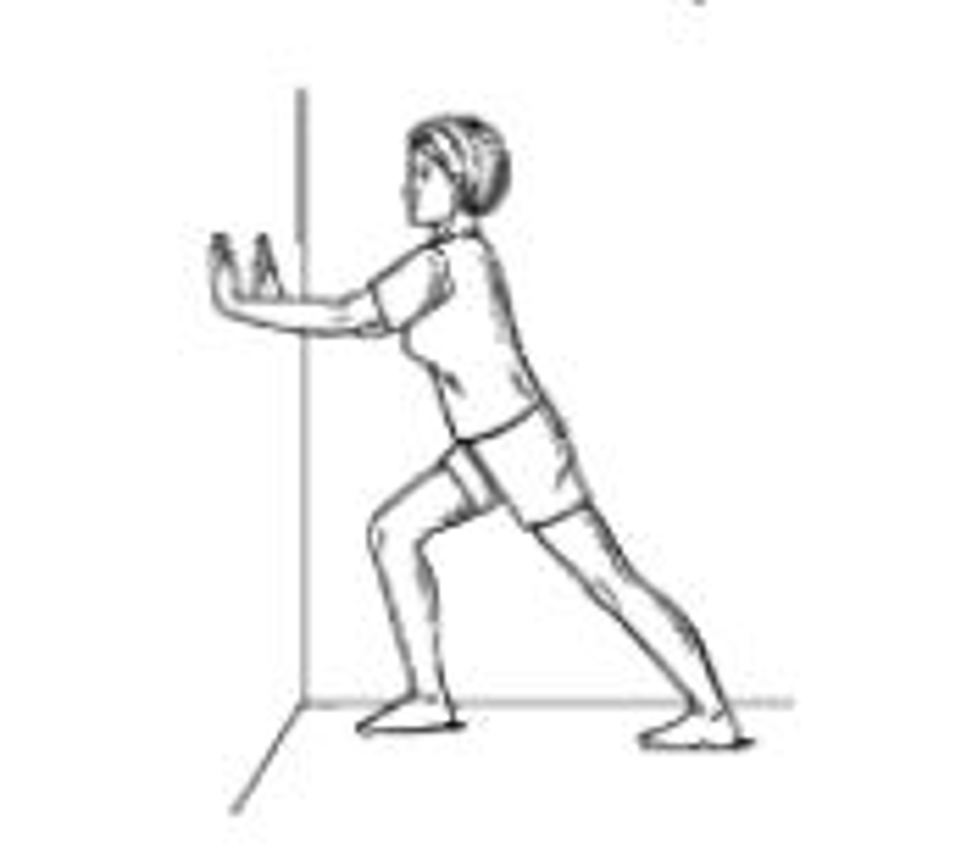The Achilles Tendon
The Achilles tendon is the strongest tendon in the body. It connects the heel to the calf muscles. It is involved in activities such as standing on your toes, walking, running and jumping. The forces on it during activity can be up to 3 to 12 times a person’s weight.
Causes of injury include the following:
- Overuse;
- Injury;
- Abnormal position of the joints;
- Muscle weakness;
- Poor movement of the muscles;
- Wrong footwear;
- Medication side effects;
- Back problems.
First Aid
If you felt a sudden sharp pain in the calf and are unable to walk seek medical help. Otherwise act quickly to prevent it becoming a long standing problem.
What you can do to help
Rest from all activities that cause pain. This includes running, high impact exercise and all forms of jumping.
Ice the area 2 to 3 times per day. Hold the ice on for approximately 10 to 15 minutes.
Use an ice pack at ice box temperature with a damp cloth between the pack and your skin. You can also use some olive oil on the skin to protect it.
Shoes with a firm arch support and well cushioned shock absorbing soles are very important. This effect can be improved by using gel foot insoles. Heel inserts help to reduce the tension of the tendon, especially if the problem is very severe. You may need specially fitted foot insoles. Insoles can correct any factors which are contributing to the cause of the problem. This would require help from a podiatrist (a person who specialises in foot problems).
Raise the foot and heel when sitting.

Stretch Gently
While standing holding onto a wall or a chair. Put the non painful foot in front of the painful foot. Lean your body forwards keeping heels on the floor. Hold the stretch for 30 seconds. Repeat 4 times
See a doctor if you have any of the following:
- Things are not improving within a few weeks
- Achilles pain continues after two weeks of treating it yourself
- You feel pain even at rest
- You can’t walk without limping
- Your heel swells
- You see or feel a dent in the tendon
- You feel unusual numbness or tingling in your lower leg or foot (possible circulation or nerve problems)
- Your foot or toes are blue or cold (possible circulation problem)
- Your Achilles tendon, heel, foot or toes are red and hot and you have a fever (possible infection)
Physiotherapy
You may be referred for Physiotherapy. Physiotherapy might include stretching and
strengthening exercises.
For Further Advice:
Accessible formats
If you require this information in a community language or alternative format such as Braille, audio, large print, BSL, or Easy Read, please contact the Equality and Human Rights Team at: email: fife.EqualityandHumanRights@nhs.scot or phone 01592 729130. For people with a hearing or verbal impairment you can also contact the team through the NHS Fife SMS text service number on 07805800005.





